Parvin Mottahedeh was born in 1936 in the city of Yazd. Her mother, Ms. Robab, was the first female teacher at Yazd’s school for boys. Parvin finished her primary school education in Yazd; when she was 12, her family moved to Tehran, where she completed her high school education and earned her diploma earlier than the standard age.
Parvin went to Austria to continue her education. She finished her medical studies at Vienna University in record time and went on to the Austrian city of Graz for her residency. She specialized in orthopedics and then, having earned top grades, in rheumatology.
During her studies, Dr. Mottahedeh worked at various hospitals in Vienna and Graz. Her talents and diligence came to the attention of university officials, creating a chance for her to continue working in Austria with a good job, but she loved her country and her people and returned to Iran.
Dr. Mottahedeh was invited to teach at the University of Tehran and started as an associate professor. She was also asked to set up a chair of rheumatology at the university’s Medical School and a rheumatology ward at Tehran’s Pahlavi Hospital, which became Imam Khomeini Hospital after the 1979 Islamic Revolution. Dr. Mottahedeh was the first in Iran to set up a rheumatology course in Iran and she personally ran the affairs of the rheumatology ward at the hospital. She also opened her own clinic in Tehran where, among other services, she gave special care to the underprivileged.
In 1983 she was expelled from the university – just like all other Baha’i academics across Iran under the Islamic Republic.
Soon after Iraq’s invasion of Iran in 1980, Dr. Mottahedeh was invited by the Iranian army’s medical research center to work on a secret military project. Although the work would have paid well, Dr. Mottahedeh declined the offer because her personal and religious faith was against war. The authorities shut her clinic in response and her medical permit was revoked.
Dr. Mottahedeh responded by seeing and treating patients at her home. She was renowned for the accuracy of her diagnoses. Baha’is were her only patients at first, but soon others also sought treatment from her, and she treated about a thousand patients from the time she opened her clinic until the time she passed away. Dr. Mottahedeh never charged her patients and she even purchased medicines for them or gave them drugs she had received from abroad. And she herself lived a simple life.
During the war with Iran, which ran from 1980 to 1988, Austria’s government sent medical equipment and medication to Iran through the International Red Cross. Their condition was that the medication would be distributed and used under Dr. Mottahedeh’s direct supervision – as Austria’s representative and trustee.
The Iranian government received the first shipment, after which officials wanted to invite Dr. Mottahedeh to meet with First Vice-President Hasan Habibi; however, it took them some time to find her. Habibi expressed surprise to Dr. Mottahedeh that she lived in seclusion, and he told her that the country needed people like her. Dr. Mottahedeh responded by speaking of her expulsion from the university because of her Baha’i faith and the shutting down of her clinic. Habibi then ordered that Dr. Mottahedeh should serve as supervisor of the distribution of shipments delivered by the International Red Cross.
When Reynaldo Galindo Pohl, United Nations Special Rapporteur for Human Rights in Iran, visited Iran in the early 1990s, Dr. Mottahedeh and Jamaluddin Khanjani met with him as informal representatives of Iran’s Baha’i community and told him about the dire situation of the Baha’is in Iran.
In 1987, a few years after Baha’is were banned from higher education, the Baha’i community founded the Baha’i Institute for Higher Education (BIHE), an informal or “underground” university for Baha’i students. Dr. Parvin Mottahedeh and two other expelled Baha’i university professors were the founders of the BIHE. Many feared that the BIHE would not last long under the highly repressive regime of the Islamic Republic, with its extreme hostility towards the Baha’i community, but Dr. Mottahedeh and her colleagues were adamant that this underground university must meet the standards of western universities. Today hundreds of universities, including some of the world’s best institutions, recognize BIHE degrees and qualifications. And many BIHE graduates have pursued post-graduate qualifications in universities in dozens of subjects and at leading reputable universities in the United States, Canada, Europe, India and Australia.
Dr. Mottahedeh devoted herself to building the BIHE for several years, working constantly on its progress, and in her later years she began a study on the relations between doctor and patient from the point of view of the Baha’i teaching. She sent her findings to international academic institutions and was invited abroad to continue her study. But she loved Iran so passionately that she never entertained the idea of leaving her country again – and she remained in Iran until the end of her life.
Dr. Parvin Mottahedeh passed away at the age of 78 on January 28, 2015, at Imam Khomeini Hospital, where she had created the first rheumatology ward.
visit the accountability section
In this section of Iran Wire, you can contact the officials and launch your campaign for various problems




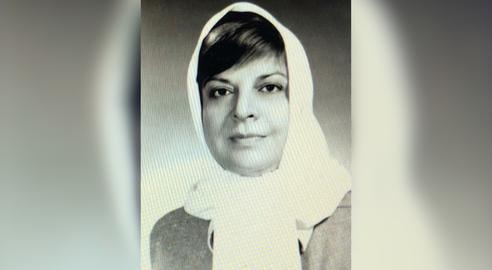


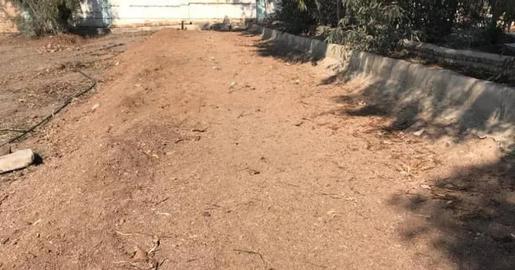
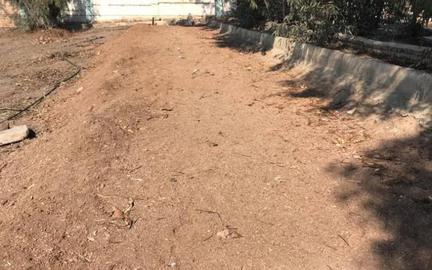

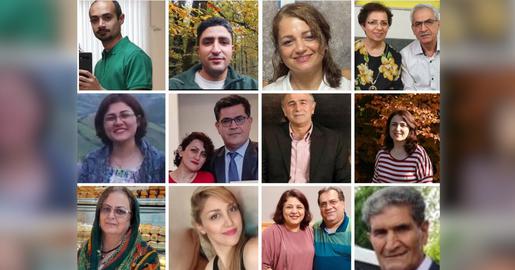
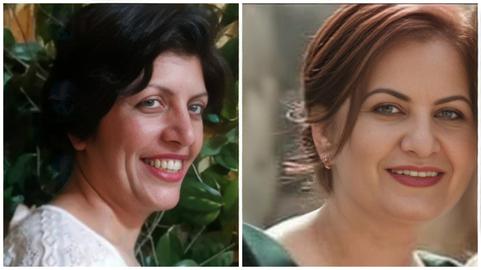

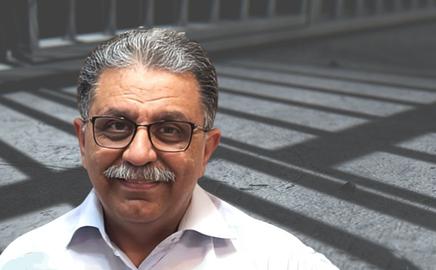
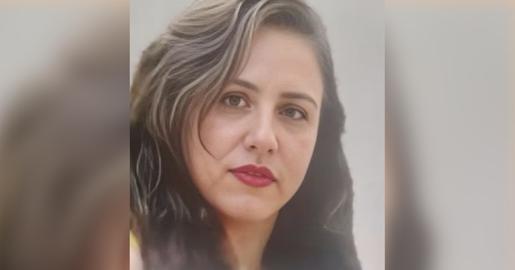
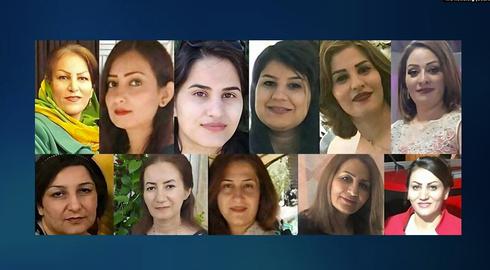
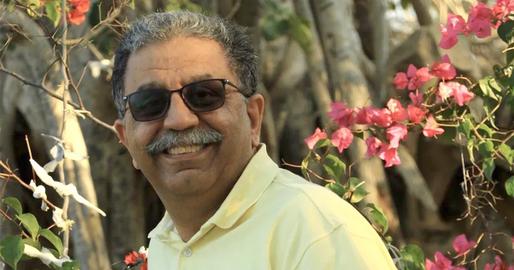



comments